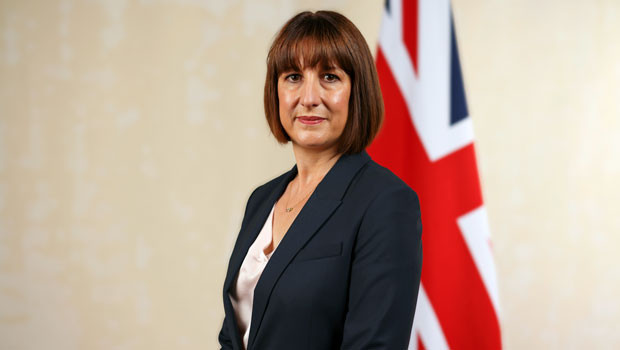UK govt abandons NatWest share sale; to hold Budget Oct 30

The UK government has abandoned a plan to sell its remaining stake in NatWest Bank to the public, said Finance Minister Rachel Reeves, who added that she would hold deliver a Budget statement on October 30.
Banks
4,811.97
17:14 20/12/24
FTSE 100
8,084.61
17:04 20/12/24
FTSE 350
4,463.29
17:14 20/12/24
FTSE All-Share
4,421.11
17:04 20/12/24
NATWEST GROUP
395.50p
16:44 20/12/24
In her first statement to parliament since the Labour Party's crushing General Election win, Reeves told the House of Commons that a share sale would not be value for money.
The previous Conservative administration offloaded more shares earlier this month, taking its holding to 19.97%. Reeves said the government still planned to fully exit its shareholding by 2025-26, but warned a retail share offer would mean having to offer the public discounts worth hundreds of millions of pounds.
"It would therefore not represent value for money, and it will not go ahead," she told MPs as part of a statement on the public finances.
NatWest was bailed out by the government during the 2008 financial crisis caused by industry malfeasance in the US and UK. All share sales have resulted in a loss for the taxpayer so far.
Reeves said her first budget would set out new tax and spending plans along with revised fiscal and economic forecasts from the independent Office for Budget Responsibility. The UK Debt Management Office will also update its bond issuance targets.
She warned it the budget would “involve taking difficult decisions to meet our fiscal rules across spending, welfare and tax”, Westminster-speak for "tax rises".
In her statement, Reeves claimed that the government faced a £22bn spending shortfall due to a "cover up" by the previous government. As a result, she announced the cancellation of several major road improvement projects and limiting winter fuel payments to pensioners.
The fuel subsidy would now only go to those pensioners on lower incomes who received pension credit, she said.
“Let me be clear, this is not a decision I wanted to make, nor is it the one that I expected to make, but these are the necessary and urgent decisions that I must make.”
The overspend included “very clear instances of specific budgets" where the OBR was unaware and a £9bn contingency fund that had already been spent three times over.
Reporting by Frank Prenesti for Sharecast.com